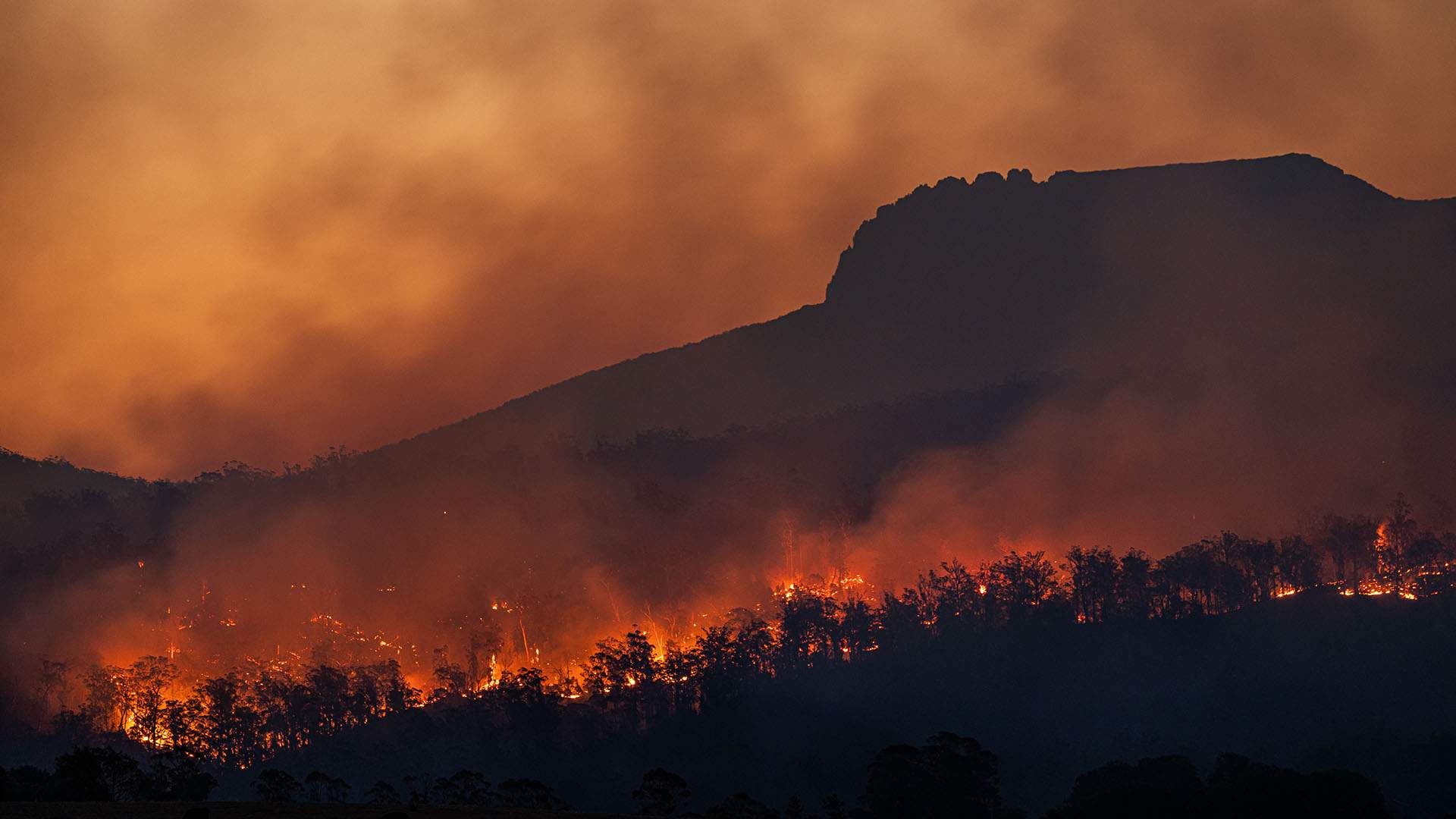The IPCC Has Issued a Dire Warning About Humanity's "Unprecedented" Influence on Climate Change
The Intergovernmental Panel on Climate Change's sixth assessment report predicts that global warming could increase by 1.5 degrees by as early as 2030.
When the COVID-19 pandemic first started making its impact known, we all began to feel like we were living in a disaster movie. Contagion flicks, outbreak films, sci-fi fare about infectious diseases — they all echoed with eerie prescience. The next types of movies that might start cutting a little too close to home? Dystopian flicks about climate change's impact. The Intergovernmental Panel on Climate Change (IPCC) has released its sixth assessment report about the state of the planet, global warming's impact and humanity's influence upon increasing temperatures — and it doesn't paint a calming picture.
The big news: if no big moves are made in current efforts to combat climate change, the planet will warm by 1.5 degrees above pre-industrial temperatures by as early as 2030. That figure has been mentioned for some time as an unwanted milestone, as it's when climate scientists predict that higher temperatures, rising sea levels, heavier rains, longer fire seasons and worse droughts will kick in. Given the increasing frequency of extreme weather events around the world already, including Australia's devastating 2019–20 bushfire season, seeing these conditions worsen is obviously alarming news.
Also flagged by the IPCC, which is the United Nations' body for assessing the science related to climate change, has been around since 1988 and has 195 members from around the world: that the planet has already warmed by 1.1 degree since industrialisation, and that Australia has warmed by 1.4 degrees. And, it has dubbed humanity's part in these increases as "unprecedented", with working group co-chair Dr Valérie Masson-Delmotte saying that "the role of human influence on the climate system is undisputed."
The #IPCC released its latest #ClimateReport today, #ClimateChange 2021: the Physical Science Basis.
"The role of human influence on the climate system is undisputed." – Working Group I Co-Chair @valmasdel
Report ➡️ https://t.co/uU8bb4inBB
Watch the video, 🎥 ⬇️ pic.twitter.com/hZOSU1xWQR
— IPCC (@IPCC_CH) August 9, 2021
Also, even if the IPCC's most ambitious targets to arrest the impact of climate change were put in place, global warming would still likely hit 1.5 degrees by 2035. The body's scientists expect that the planet will warm by at least 1.6 degrees above pre-industrial temps regardless of whichever measures are put in place, before ideally beginning to drop again once those drastic mitigation tactics — things like large-scale reforestation projects, or being able to remove carbon dioxide from the atmosphere — started to have an effect.
It's no wonder that United Nations Secretary-General Antonio Guterres has called the IPCC report "a "code red for humanity" in a statement. "The alarm bells are deafening, and the evidence is irrefutable: greenhouse gas emissions from fossil fuel burning and deforestation are choking our planet and putting billions of people at immediate risk. Global heating is affecting every region on Earth, with many of the changes becoming irreversible," he continued.
"The internationally agreed threshold of 1.5 degrees Celsius is perilously close. We are at imminent risk of hitting 1.5 degrees in the near term. The only way to prevent exceeding this threshold is by urgently stepping up our efforts, and pursuing the most ambitious path," the Secretary-General said.
"This report must sound a death knell for coal and fossil fuels, before they destroy our planet... If we combine forces now, we can avert climate catastrophe. But, as the report makes clear, there is no time for delay and no room for excuses."
World leaders will meet at the 26th UN Climate Change Conference of the Parties (COP26) in Glasgow from October 31 this year to discuss the planet's plans to stop warming at 1.5 degrees.
To read the Intergovernmental Panel on Climate Change's sixth assessment report, head to the IPCC's website.





